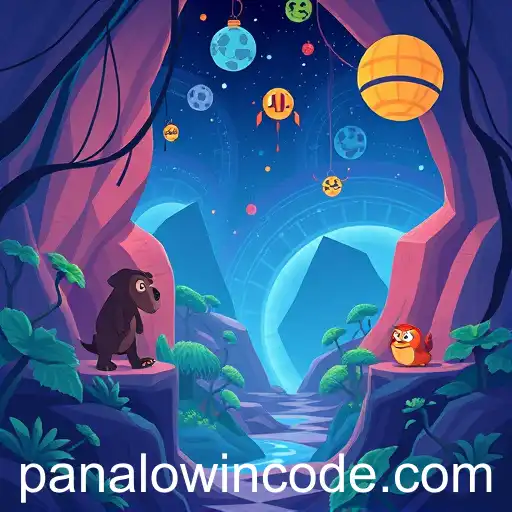
Panalowin is capturing the attention of online gamers with its unique gameplay and community engagement. We explore its impact and future prospects.
In the vibrant world of online gaming, the name "Panalowin" is becoming increasingly synonymous with innovative gameplay and a strong community. As of the current year, this web-based platform has emerged as a notable contender in the gaming industry, captivating players with its immersive and dynamic experience.
The Panalowin code, initially a niche concept, has burgeoned into a popular keyword among gamers seeking unique challenges and collaborative opportunities. Unlike many other games that emphasize solitary engagement, Panalowin encourages collective problem-solving, fostering a sense of camaraderie among its users. As players delve deeper into the game, they quickly realize that success in Panalowin isn't just about individual skills but also about how well they can work with others to achieve common goals.
Reports suggest that Panalowin's development team is constantly pushing the boundaries of what online gaming can offer. With frequent updates and expansions, the game remains fresh and compelling. This ensures that even veteran players can find new challenges and continue to enjoy the platform. Moreover, the developers' commitment to responsive community feedback has resulted in a product that genuinely reflects its players' desires and expectations, further solidifying its place in gamers' hearts.
As we analyze Panalowin's current trajectory, it's evident that the game is not just a passing trend. Instead, it represents a significant shift in how gaming experiences can be structured to promote both individual achievement and community collaboration. With the gaming industry's rapid evolution, Panalowin symbolizes how technology can be harnessed to create meaningful, shared experiences online.
Looking forward, Panalowin's growth could set new standards in the gaming world, influencing future developments and pushing for more integrated and socially engaging gameplay models. As such, it remains a fascinating topic of both player engagement and industry study.




